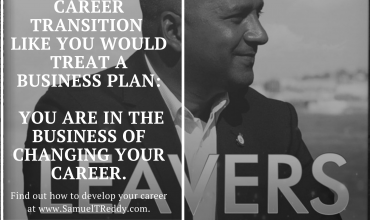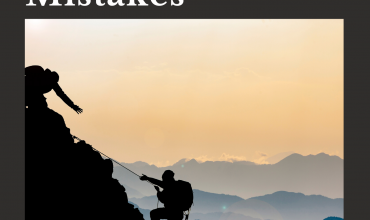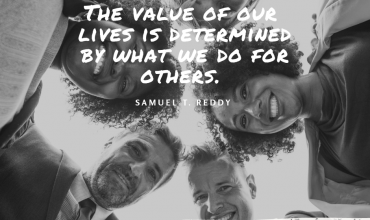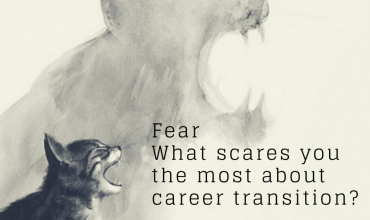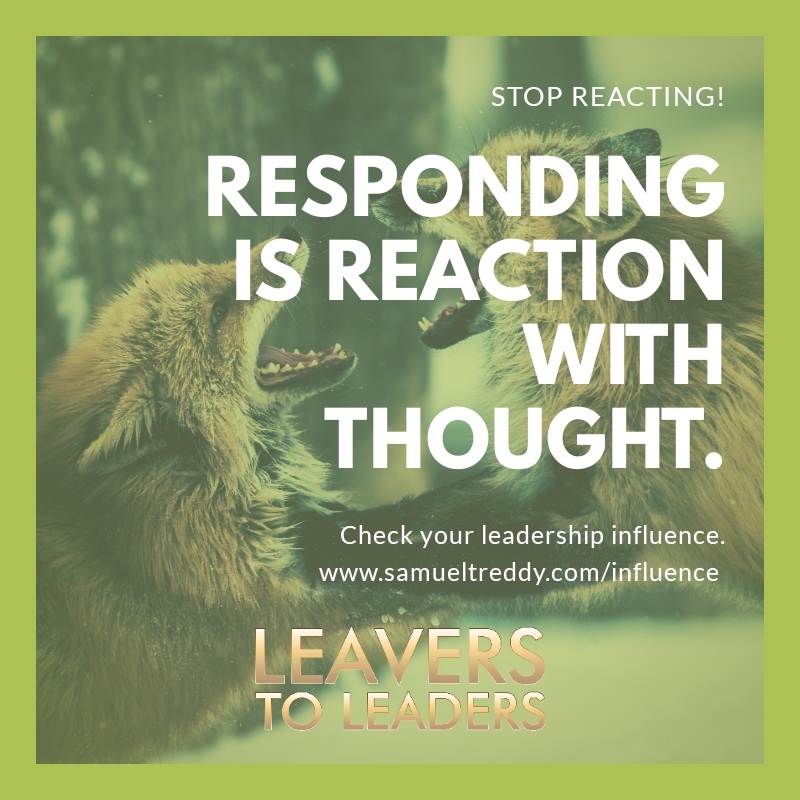
During my early years of working life as a Freeport officer, I was, at times, what we called a real “hot head”. I was easily angered and often expressed it. What I did not realise at the time is that my anger and hostility would almost always be misdirected due to my initial reaction. I reacted first, then thought later about my reaction. Responding, on the other hand, is reaction with thought.
I used to do martial arts as a kid and as an adult, one of the first thing we learned is the importance of controlling your anger and using your brain to avoid conflict before resorting to physical contact. This requires practice and lots of it!. When I joined the British military, one of the thing I really enjoyed and missed up to this day is ‘ the range’. This could be a cold, raining day or a lovely sunny day. But the one thing you need to get under control for a positive aim is controlling your breathing, or getting composure. We now know that this is also use for emergency respond team, to reduce their heart rate to better respond. This concept is so important that every effort should be made to avoid reacting to situations and start responding to them.
Here are some reasons why your response to situations can be vital to your success:
● Many career decisions includes emotion and emotion causes reactions. It is not always easy to adapt to a change, being let go or approaching the end of your contract.
● Success begins with leading oneself, or how you feel about yourself. Have you ever felt good about yourself after “barking” at a colleague, friend, or loved one?
● Responding to a potentially life threatening situation could save your life.
Responding is reaction with thought. Any military or ExForces who has been trained to successfully fire a weapon will tell you, the first rule is to control your breathing before pulling the trigger. Same goes with reaction, sometime taking a deep breath is the only difference between reacting vs responding.
Action steps :
1.Stop yourself from reacting to situations the moment you realise it. This does not mean keeping your hand on a hot stove until you can think about the best thing to do.
2.Use the get composure technique if needed and take a deep breath, then respond.
So how do you react or respond to situations, let me know below. You can also check your leadership influence on www.SamuelTReddy.com/influence
Best Wishes,
SamuelTReddy.com

